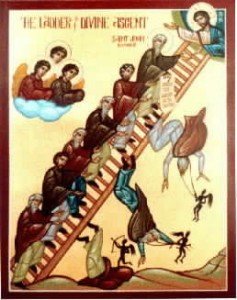What I have been trying to cover in this article is the idea of God’s role in the writing of the Books of the Bible, both the Old and the New (OT, NT). The Bible does not provide a theory of inspiration and is generally silent on the role of the human factor. The OT, it is true, speaks of God’s command to more than one individual to write a document and thus would seem prima facie to make the prophet purely a transmitter of the divine message, rather than a creative agent. This, however, is probably a device to stress the absolute primacy of God in the communication of the divine message to man; and it would be wrong to formulate from such passages the theory that the human beings who obeyed God’s command to write played an entirely passive role. However, the idea of the human writer’s apparent passivity was not absent from later Christian theories about how the sacred books were written.
We must remember that there are religions and also Christian religious denominations that look at Sacred Writings (e.g., the Koran and the Jewish Torah) as being dictated by God as He is known by the various groups. Christian fundamentalism believes that every word is absolute truth and dictated by God Himself. When you think about the information in the OT in particular, where there is an expressed belief, for example, that God actually created the world in seven days, why, if it was dictated by God, the information would not have been more accurate. It would be highly blasphemous to think that God would have dictated untruth, even if people could not understand what He dictated.
If the Bible itself does not consciously and directly assert that the human writers were genuinely creative, it nevertheless indirectly provides valuable support for such an assertion. The human writers who produced Isaiah, for instance, certainly appear to be literary personalities distinctively different from those who produced Jeremiah; and such distinctiveness of personality can be observed throughout the Bible. This is also very clearly seen in the NT.
The real creativity of the human writers is also suggested in the few scenes that the Bible provides showing the sacred writers at work on their documents. Thus, in the Foreword to Sirah the writer states that he devoted pains and labor to the composition of his book and begs indulgence for any imperfections that may exist.

